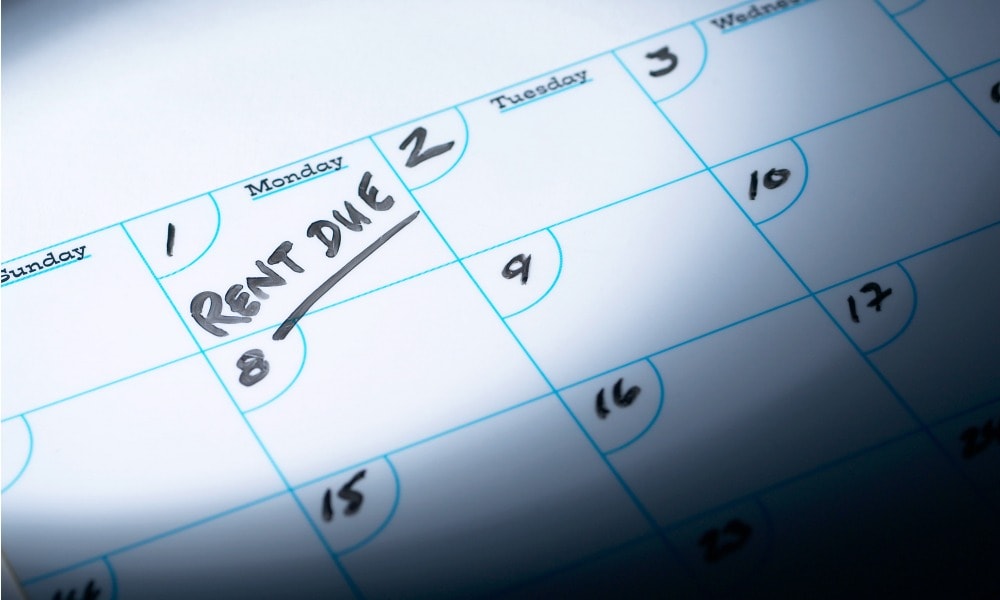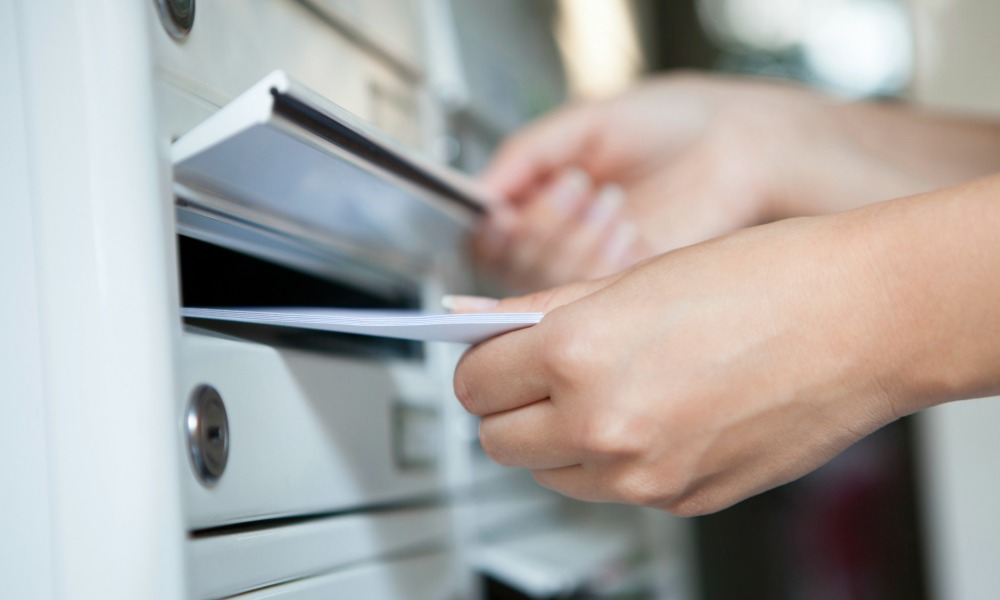
Collecting rent is one of the most important tasks you’ll handle as a landlord. If you can’t collect rent consistently, your rental property business won’t earn you the income you need to pay the bills.
And for some landlords, collecting rent can be a serious challenge. Even with a solid lease agreement in place – which includes strict guidelines and information about additional fees for late rent payment – some tenants still fail to pay their rent on time regularly.
The question is: How do you, as a Montgomery County landlord, make sure that you can collect rent on time, every time?
Let’s answer that question today with these 5 ways to collect rent.
5 Easy Ways Montgomery County Landlords Can Collect Rent
1. Use an Online Payment Method
One of the newest and most efficient places to accept rent payments is online.

There are quite a few options available online as well, depending on your specific needs. Some sites, like ERentPayment, RentMatic, or RentMerchant serve the simple purpose of allowing your tenants to pay with their bank accounts.
The price you pay for these services varies depending on your plan as well. Many sites offer basic plans that focus on rent collection, while other sites offer a wide range of services like online rent roll and the ability to upload your important documents. Some even allow you to send messages to your tenants and act as miniature social networks.
Another popular online option is PayPal. It’s free to use, but your tenants need to know exactly what they’re doing or else you might be charged a fee.
If the tenant does not mark the payment as a personal payment, for instance, you’ll be charged a business transaction fee on your end. Or, it might take several days for the payment to go through.
But remember – not everyone has access to the internet. If you wish to accept rental payments online, you’ll have to allow another form of payment.
2. Check or Money Order
These days, many landlords accept money orders from their tenants but do not accept personal checks, except on rare occasions.
With personal checks, there are few ways to verify if the check is valid or if the funds are available until you attempt to deposit the check. You don’t want to go through the hassle of a bounced check with your tenants.
A money order, on the other hand, is much simpler. Your tenants can get a money order from their bank, local post office, or even some convenience stores. When you receive a money order, it’s a lot like getting a gift card with the rent payment on it.
All you have to do is require your tenants to stop by and deliver their payment this way by a specified date, and you can cash their rent payments at your leisure.
3. Email Transfer or Direct Deposit
This option, which is growing in popularity, is seen by many in the rental properties business as a little too casual. Depending on your relationship with the tenant, though, it could be right for you.
Email transfer or direct deposits provide ease of access and convenience for instantly collecting rent payments – without going through a middleman like a rent collection website.
Because most of your tenants will have internet access and conduct their banking online, all it takes is a simple transfer of funds from their bank accounts to yours. There’s even the added bonus of automatic digital records that give you an electronic paper trail you can rely on if there’s any doubt about when you received payment.
The only real drawbacks of this system are relying on the internet, and an occasional small fee on the transfer. However, this fee is normally very small compared to most other forms of accepting rent payment.
4. Accept Payment By Mail
In some situations, it may make sense to have your tenants mail the payment to a certain address every month. This is especially useful if you don’t have a rental property office nearby.

This option helps you save time because you don’t have to worry about collecting the payments yourself.
The biggest drawback for this option is undoubtedly timing. If you find one of your tenants is late, they might use an excuse like: “The check is in the mail!” They could be telling the truth, but you may still not receive the payment for several days, and you could not consider their rent as being late.
Fortunately, you can provide your tenant with pre-addressed and stamped envelopes and require a certain postmark date to make the process go more smoothly.
5. Use a Property Management Team
You also have the strong option of outsourcing your rent collection to a third party by hiring a Montgomery County property management company.
A property management team will take a professional approach to collecting your rent and disburse it to you with ease through electronic direct deposit or a standard check.
Montgomery County landlords can hire a company to not only collect rent payments, but also to deal with tenant problems, fill vacancies, handle maintenance issues, and accomplish all other unwanted tasks.
Depending on the size of your operation and your specific needs, a property management company may be the perfect choice for your rental property business.
The Wrong Way to Collect Rent
One word: cash.
Cash is hard to trace, easy to lose, and you almost always have to collect it in person. The only time you should even consider accepting cash as payment is if you merely rent out a room in your home or have a single, trustworthy tenant.
But even then, you should always provide your tenant with a receipt that both acknowledges they have paid and provides you with record of them doing so.
Your best bet is to establish a strict “no cash” policy from the beginning – one that is clearly communicated in your lease or rental agreement.
Final Thoughts
If you put one or more of these reliable rent collection methods in place and your tenants still fail to pay on time, you may have to get tough. Sure, it’s okay to forgive a tenant who fell on hard times – once. But any more than that and you could be seen as an overly lenient landlord.
To avoid this, you have to make the consequences for late payment known. A repeatedly late tenant should be reported to a credit agency – which can significantly damage their credit.
Of course, you don’t want to report anyone. You may only include this sort of threat in the lease agreement as a means of ensuring you collect your rent on time. But you still need to know how to follow through by calling these credit bureaus:
Equifax: 1-800-685-1111
Experian: 1-888-397-3742
TransUnion: 1-800-916-8800
If you read this and realize that you don’t want to go through the trouble of collecting rent every month, maybe it is time you went with option number five: a Montgomery County property management company.

These are good ideas. I think every landlord should know these tips and tricks for collecting the rent on time. It is so helpful for all the homeowners. I use Innago’s rental property management software for invoice generation, late fee assessment, email reminders, account deposits, and invoice tracking – all automated. Thanks for sharing!